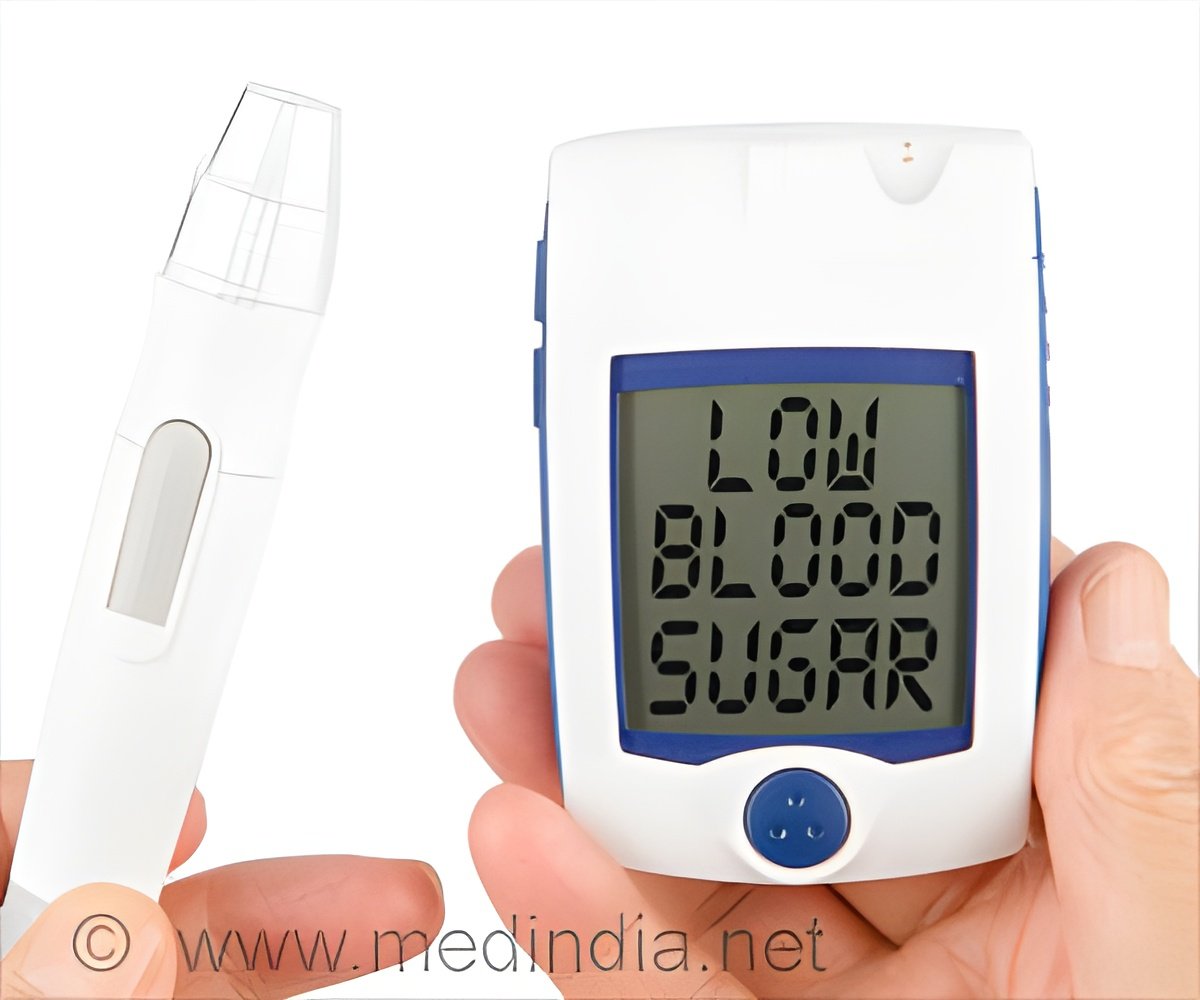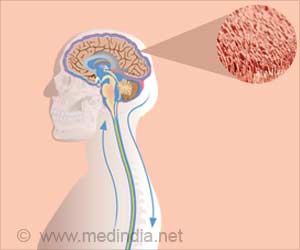Redesigning diabetes technology could pave the way for detecting low blood sugar (hypoglycemia) in older adults with diabetes and Alzheimer's disease.

‘Applying the human-centered design process to continuous glucose monitoring could be the best way to improve care for people living with diabetes and mental health issues like Alzheimer's disease and dementia.’
Read More..




Older adults with Alzheimer's and Type 1 or Type 2 diabetes have a high risk of low blood sugar, known as hypoglycemia, which is often undetected. Hypoglycemia can cause dizziness, confusion, mood changes, hospitalization, and even death. Diagnosis and treatment of hypoglycemia can prevent complications. Read More..
Is There a Connection Between Alzheimer's Disease and Diabetes
"Alzheimer's disease is a progressive disease, and hypoglycemic events can accelerate cognitive decline. That's why we are focusing on the detection of low blood sugar in these older adults with both Alzheimer's and diabetes," said Dr. Savoy, assistant professor in the Purdue School of Engineering and Technology at IUPUI.Dementia hinders the ability of patients and caregivers to manage blood sugar levels, potentially resulting in hypoglycemic events and further cognitive loss. Repeated finger sticks to test blood sugar levels, following a prescribed diet and exercising can be difficult for patients with Alzheimer's. Use of traditional blood sugar monitors may be problematic for individuals with Alzheimer's as well as caregivers.
The study, "Enhancing shared decision-making to prompt and guide individualized care for people with Alzheimer's Disease and diabetes," will enroll 75 pairs of older adults with both Alzheimer's and diabetes, and their family caregivers. Twenty clinicians who see patients with both conditions will also participate.
Other studies have investigated how poor management of diabetes increases the risk of dementia. But this new research, implementing a human factors engineering approach, targets older adults who have already been diagnosed with both Alzheimer's and diabetes. Dr. Savoy and colleagues will investigate unique population dynamics, including how much data about glucose levels are needed, how to acquire them, and what works to enable shared decision-making for all involved -- patients, caregivers, and clinicians.
"We hope to increase awareness and empower patients and caregivers to make individualized, patient-focused decisions about effective treatment options. Our goal is to prevent hypoglycemia for the growing population of older adults with Alzheimer's disease and diabetes," said Dr. Savoy.
Advertisement
Treating Low Blood Sugar Levels in People with Dementia and Diabetes
Dr. Savoy and colleagues recently authored a commentary in the peer-reviewed Journal of Diabetes Science and Technology, on the importance of applying the human-centered design process to continuous glucose monitoring and investigating design solutions and interventions to integrate continuous glucose monitoring into the healthcare of patients with dementia and diabetes.With the use of human-centered design, the authors indicate that they will be able to identify and inform continuous glucose monitoring designs for people with dementia and diabetes, broadening access to continuous glucose monitoring with what they believe is the attainable goal of increasing detection and treatment of the silent threat posed by low blood sugar.
Advertisement















